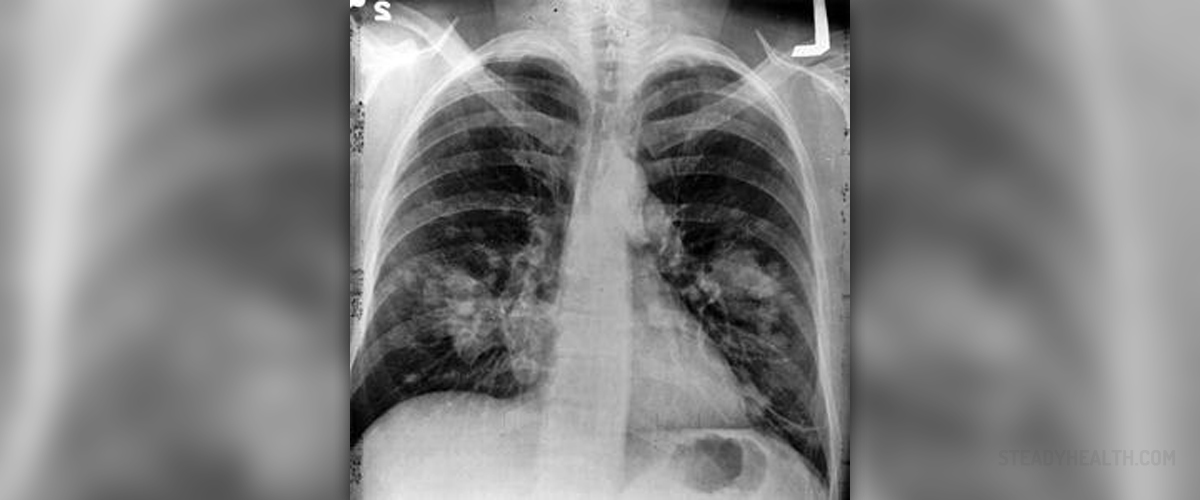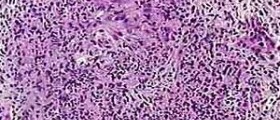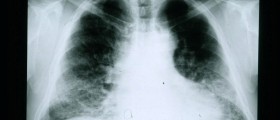
People who experience coughing blood are quite worried with a single thought on their mind- lung cancer. However, coughing blood, even though it is a serious sign, is not always associated with life-threatening and incurable illnesses. Though, it will never occur in healthy individuals. In the majority of cases blood actually originates from the respiratory tract. The blood may also originate from the gastrointestinal tract.
So, coughing blood, medically known as hemoptysis, is a characteristic of a broad spectrum of lung conditions and may be also associated with certain problems in the upper gastrointestinal tract.
Characteristics of Coughing Blood
A blood that is expelled from the lungs is generally bubbly or frothy since it is mixed with air. In individuals in whom there is more blood, the content is bright red, pink or brick-colored. Sometimes patients may cough up mucus streaked with blood. But, no matter how the blood appears, one is due to report its presence in cough up material (sputum) as soon as possible.
There is no clinical difference between blood from the lungs and upper respiratory tract and blood from the upper gastrointestinal tract. Therefore, differentiation of the site of bleeding can be only achieved with additional tests and exams.
Finally, if coughing blood is accompanied by chest pain, dizziness, fever and lightheadedness, there are bloody stools or urine, or one coughs up large amounts of blood, he/she must seek immediate medical care. What Causes Coughing Blood?
There are many different conditions of the respiratory tract, heart and gastrointestinal tract associated with coughing blood.
Inflammation of the lung tissue and the airway (pneumonia, bronchitis and bronchiectasis) is frequently blamed for coughing blood.
Furthermore, there are more complex conditions affecting the lungs also capable of causing blood in sputum. These include pulmonary embolism, chest trauma, lung cancer, lung abscess and tuberculosis.
People suffering from COPD (chronic obstructive pulmonary disease) and cystic fibrosis, crack cocaine users, those with foreign body in the lungs and patients who have inhaled blood originating from upper parts of the respiratory tract into the lungs may all experience coughing blood as well.
Even bleeding from the upper gastrointestinal tract may be a cause of coughing blood. This particularly refers to esophageal cancer, esophageal varices and peptic ulcers. Nosebleeds and throat irritation accompanied by violent coughing may induce bleeding too.
None of the mentioned conditions should be neglected which drives to conclusion that each and every case of coughing blood must be reported immediately. Prolonged loss of blood leads to anemia while rapid loss of blood may initiate shock. Finally, if some conditions are not diagnosed and treated timely, they may easily cause lethal outcome.

















Your thoughts on this
Loading...